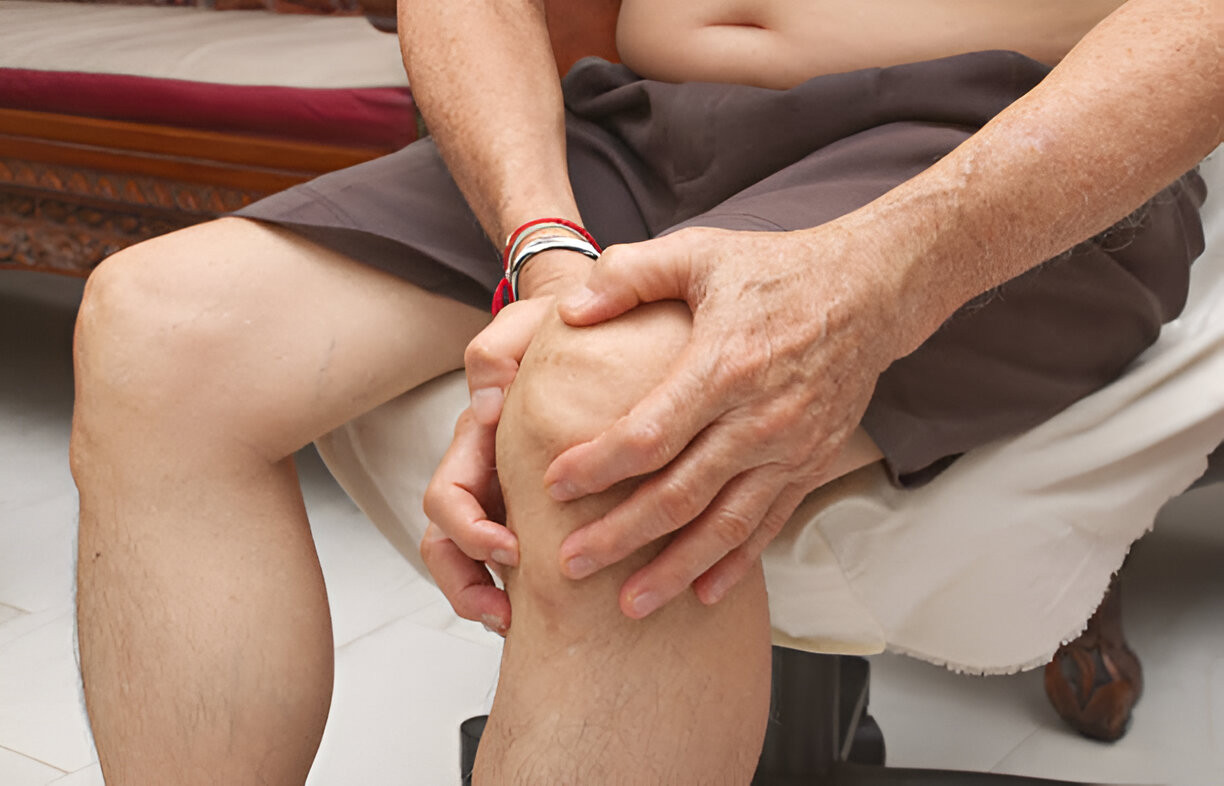How Pre-Surgery Preparations Cost Can Impact Knee Replacement Surgery Expenses
Knee replacement surgery is a significant medical procedure that requires careful planning and preparation. While the surgery itself is a key component of the treatment, the steps you take before the operation can significantly impact the overall cost. In India, where healthcare costs can vary widely, understanding how pre-surgery preparations influence expenses can help patients manage their finances more effectively.
This blog will explore the various pre-surgery preparations, their associated costs, and tips for optimizing your budget without compromising on quality care.
1. Why Pre-Surgery Preparations Are Important
Pre-surgery preparations ensure that the patient is physically and mentally ready for the procedure, minimizing risks and improving recovery outcomes. Proper planning also helps identify any underlying health issues that might complicate surgery, reducing the chances of costly post-operative complications.
2. Common Pre-Surgery Preparations for Knee Replacement
Here are some essential steps typically included in pre-surgery preparations:
a) Diagnostic Tests
Diagnostic tests are conducted to evaluate the patient’s overall health and suitability for surgery. These include:
- Blood Tests: To check hemoglobin levels, kidney function, and blood sugar levels. Cost: ₹1,000–₹3,000.
- Imaging Tests: X-rays, CT scans, or MRIs to assess the extent of knee damage. Cost: ₹1,500–₹5,000.
- ECG or Stress Tests: To evaluate heart health, especially for older patients. Cost: ₹500–₹2,000.
b) Medical Consultations
Consultations with specialists like orthopedic surgeons, anesthesiologists, and general physicians are crucial. These consultations may cost ₹500–₹2,000 per session.
c) Pre-Surgery Medications
Patients may be prescribed medications to manage existing conditions (e.g., diabetes or hypertension) or prevent infections. Costs for medications typically range from ₹500–₹2,000.
d) Physiotherapy or Exercises
Some surgeons recommend prehabilitation, a set of exercises designed to strengthen the muscles around the knee. This helps improve recovery post-surgery. Physiotherapy sessions may cost ₹500–₹1,500 per session.
e) Lifestyle Adjustments
Patients may need to quit smoking, lose weight, or manage chronic conditions. These changes might require additional consultations or support, adding to the pre-surgery cost.
3. How Pre-Surgery Preparations Affect Costs
a) Reduced Risk of Complications
Thorough pre-surgery preparation lowers the likelihood of complications, such as infections or delayed healing, which can lead to additional costs for extended hospital stays or revision surgeries.
b) Optimized Surgery Outcomes
Better preparation ensures the surgery is more effective, reducing the need for future interventions or rehabilitation expenses.
c) Customized Implants
Advanced imaging tests help surgeons select the most suitable implant type, ensuring a precise fit. While customized implants may cost more initially, they reduce the risk of revision surgery.
d) Hospital Stay
Proper preparation can shorten the hospital stay, lowering room and nursing charges.
4. Budgeting for Pre-Surgery Preparations
To manage pre-surgery expenses effectively, follow these tips:
a) Choose Diagnostic Packages
Many hospitals offer bundled diagnostic packages for knee replacement patients. These packages typically cost ₹5,000–₹10,000 and include all necessary tests.
b) Opt for Insurance Coverage
Check if your health insurance covers pre-surgery diagnostics and consultations. Many comprehensive plans include these as part of the overall surgery cost.
c) Consult a Dietitian
Invest in a dietitian’s guidance to manage weight and improve nutrition pre-surgery. This can save on long-term rehabilitation costs.
d) Plan for Travel Expenses
If you’re traveling to a metro city or specialized hospital, factor in travel and lodging costs for pre-surgery visits.
5. Tips to Save on Pre-Surgery Costs
- Compare Hospital Rates: Different hospitals have varying charges for diagnostic tests and consultations. Research and compare rates to find affordable options.
- Government Hospitals: For budget-friendly diagnostics, consider government hospitals or charitable trusts.
- Discounted Packages: Look for hospitals offering discounts on pre-surgery evaluations and tests as part of their knee replacement packages.
- Leverage Medical Camps: Some hospitals and NGOs conduct free or subsidized medical camps for diagnostics and consultations.
- Use Generic Medications: Opt for generic medications instead of branded ones to save costs without compromising quality.
6. Preparing for Financial Planning
Effective financial planning is essential for managing pre-surgery and overall surgery expenses. Here’s how:
a) Health Insurance
Ensure your health insurance policy covers pre-surgery diagnostics and medications. Some policies also reimburse expenses for pre-surgery physiotherapy.
b) Government Schemes
Eligible patients can benefit from schemes like Ayushman Bharat, which cover diagnostic tests and surgeries for low-income families.
c) Medical Loans
If insurance coverage is insufficient, consider medical loans or EMI plans to spread out the cost of pre-surgery preparations and surgery.
7. Importance of Prehabilitation in Cost Management
Prehabilitation exercises not only improve recovery outcomes but also help save costs in the long run:
- Faster Recovery: Strengthening muscles pre-surgery reduces the need for prolonged physiotherapy post-surgery.
- Fewer Post-Surgery Complications: Improved fitness levels lower the risk of complications, reducing hospital readmission rates.
8. Real-Life Example of Cost Impact
Consider a patient undergoing knee replacement surgery:
- Without proper preparation, they develop an infection post-surgery, leading to a prolonged hospital stay and additional treatment costs of ₹50,000–₹1 lakh.
- With thorough pre-surgery planning, including diagnostics, prehabilitation, and lifestyle changes, the surgery goes smoothly, saving on unexpected expenses.
This comparison highlights the financial advantages of investing in pre-surgery preparations.
9. Conclusion
Pre-surgery preparations are a crucial aspect of knee replacement surgery, impacting not only the success of the procedure but also its overall cost. By investing in diagnostics, physiotherapy, and lifestyle adjustments, patients can minimize the risk of complications and optimize recovery, saving money in the long term.
With proper planning, leveraging insurance, and exploring cost-effective options, patients in India can manage pre-surgery expenses effectively. Preparing well ensures a smoother surgery and recovery experience, ultimately leading to better health outcomes.
If you are about to go for Knee Replacement Surgery in India or need any guidance then “Dr Rameshwar Kumar” can help you!


